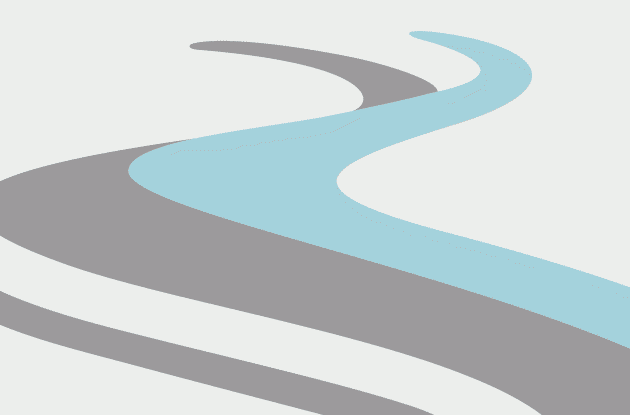UCI says no contact so far in probe
Cycling's top official Pat McQuaid has questioned whether the latest investigation into cheating at the highest level of the sport is being driven by new information or old vendettas.
International cycling union UCI chief Pat McQuaid told AP on the sidelines of the Youth Olympic Games on Tuesday that neither the U.S. federal authorities nor Interpol have asked for anything from the UCI.
Investigators have contacted sponsors and reportedly former teammates of seven-time Tour de France winner Lance Armstrong. The investigation gained global attention after disgraced rider Floyd Landis, who was stripped of his 2006 Tour victory, admitted doping and implicated Armstrong and other riders.
McQuaid wondered whether the federal probe was based on facts or the product of Landis' seeking revenge against the cycling community following the taint on his career.
"To some extent, when you look at the way the investigation has come about, you have to ask whether there is a genuine investigation or whether there are vendettas going on here," McQuaid told the AP. "From that point of view, it's unfortunate that people who could have approached this in a completely different way didn't do so. They just went public.
"From that view, it's an investigation that has taken place in the public arena, which was unnecessary."
Landis has also implicated the UCI in his allegations, the latest of which were published in The Wall Street Journal last month. Landis has claimed that Armstrong tested positive for EPO at the Tour de Suisse in 2002 and paid off then UCI president Hein Verbruggen to keep it quiet. Armstrong won the 2001 Swiss race, but did not compete there in 2002.
McQuaid, who has been UCI chief since 2005, denied any cover up. And he doubted the U.S. authorities would be in touch with the UCI, because "this is not a doping investigation as such."
"I know the actual facts and the work UCI did during that period in the fight against doping and I know we are completely in the clean from what we did," McQuaid said. "We were testing even at that time more than anyone else.
"If it's proven these guys were beating the system, they were beating the system put in place by the scientific authorities, by WADA and everyone else."
McQuaid dismissed any suggestion that the UCI covered up Armstrong's positive test in exchange for payments of $25,000 in 2002 for its antidoping program and $100,000 in 2005 for the purchase of a Sysmex machine used for analyzing blood. The donation has raised questions of a conflict of interest.
McQuaid said the UCI conducted a review in which it contacted laboratories that had done testing at the time and found that each EPO test was followed up.
"We have a very clear file that will show to any investigation that the UCI did everything correct and did not and could not have hid a positive control," McQuaid said. "The conflict of interest element of it to my mind is taken away.
"The fact is we were accused of possibly hiding positive control because we received money. The fact is we didn't hide a positive control. The fact is there was no positive control, and the fact is that Lance Armstrong has never been control positive.
"There was nothing we could do to favor him and he was treated within the rules the same as any other athlete."
McQuaid said in the future the UCI "may deal differently" with a donation like Armstrong's. But he insisted that it depends heavily on donations from all riders and teams to support its annual $6.4 million anti-doping budget.
Armstrong has always denied Landis' allegations, and has described his former teammate as "a person of zero credibility."
In a statement sent to The Associated Press a few hours before the start of the Tour de France this year, Armstrong described Landis' claims as "a carton of sour milk: once you take the first sip, you don't have to drink the rest to know it has all gone bad."
Although declining to speak directly about the latest allegations, McQuaid said it would have "some effect on the sport and the image and credibility" of cycling if the U.S. investigation turned up any evidence of wrongdoing.
"If it ultimately goes against Lance Armstrong and he is found culpable and found that he was doping during his career, then it will obviously have an effect on the brand Lance Armstrong and Lance himself to some extent."
McQuaid expressed his confidence the latest investigation would find nothing wrong with its anti-doping practices.
U.S. media reported earlier in the year that Landis was cooperating with the Food & Drug Administration's criminal investigations unit and had met with FDA special agent Jeff Novitzky.
McQuaid argued that many of the allegations being probed by U.S. authorities occurred long before the UCI introduced the existing tough deterrents such as the biological passport.
"The sport has made enough progress in recent years that we are going beyond that. We will survive beyond that," he said of the investigation.
"We have introduced a biological passport which is the most advanced method of anti-doping and is a pioneering method," he added. "We can see this having an effect as a deterrent. The cycling of today is completely different than the cycling of 2000, 2002 and 2003 which this investigation is talking about."








